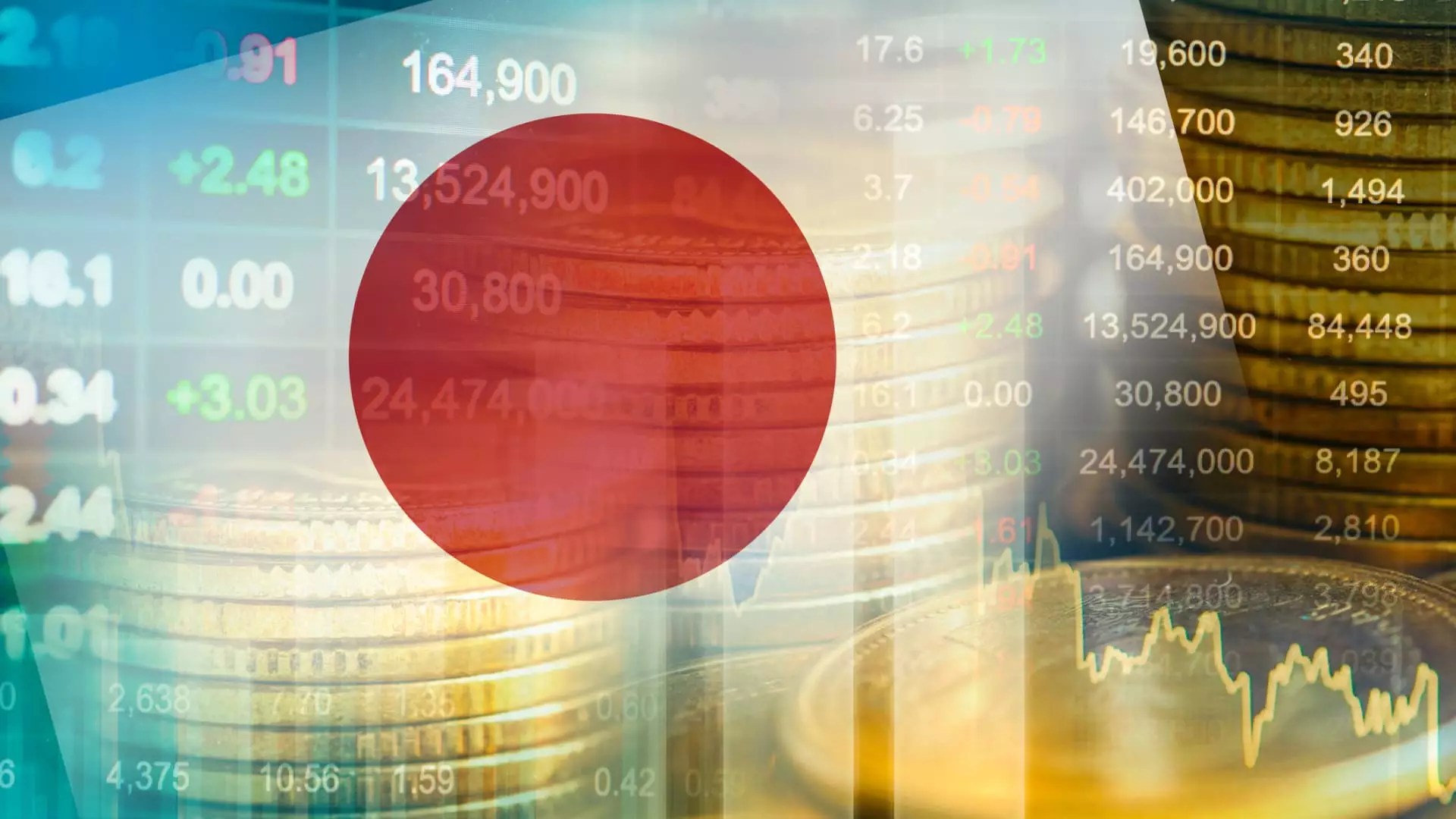In a recent report by management consultancy Bain & Company, it was highlighted that the total value of private equity deals in Asia Pacific experienced a significant decline last year, dropping to its lowest level since 2014. This decrease in value can be attributed to a variety of factors including slowing growth, high interest rates, and volatile public markets. The fundraising activities in the region also plummeted to a 10-year low, painting a grim picture for the private equity landscape in Asia-Pacific.
Despite the overall decline in private equity deals in Asia-Pacific, Japan emerged as an outlier with a remarkable 183% jump in deal value in 2023 compared to the previous year. This surge propelled Japan to become the largest private equity market in the region for the first time. According to Bain, Japan’s attractiveness as an investment destination stems from its deep pool of target companies with significant potential for performance improvements. Additionally, there is mounting pressure on Japan Inc to divest non-core assets, further enhancing its appeal to private equity investors.
The overall deal value in the Asia-Pacific region witnessed a sharp decline of over 23%, amounting to $147 billion in 2023. This figure is not only 35% below the average value from 2018-2022 but is also nearly 60% lower than the peak value recorded in 2021. Exits from private equity investments also dropped by 26% to $101 billion, with a significant portion being realized through initial public offerings (IPOs). Greater China dominated the IPO exit value in Asia Pacific, with the majority of listings occurring in Shanghai and Shenzhen.
The outlook for exits in 2024 remains uncertain, with market conditions posing challenges for private equity firms. Despite this, successful funds are actively seeking strategies to realize target returns and reduce the inventory of aging assets. Many leading private equity funds are now venturing into alternative asset classes such as infrastructure operations, renewable energy storage, data centers, and airports to diversify their portfolios and generate medium to high returns.
The Bain report highlighted several key takeaways, including the dominance of buyouts, which constituted 48% of total deal value in Asia Pacific, surpassing ‘growth deals’ for the first time since 2017. Despite a declining pool of investors, private equity returns continue to outperform those from public markets over extended time horizons. The report also emphasized the importance of exploring new investment opportunities in disruptive technologies like generative artificial intelligence, which hold great promise for future growth.
Looking ahead, Japan, India, and Southeast Asia are identified as favorable markets for private equity investment opportunities in the next 12 months. Preqin’s 2023 investor survey supports this outlook, indicating a positive sentiment towards private equity investments in these regions. While the timing of a market recovery remains uncertain, private equity firms are urged to adapt to changing market conditions and explore innovative strategies to navigate the evolving landscape of private equity in Asia-Pacific.


Leave a Reply